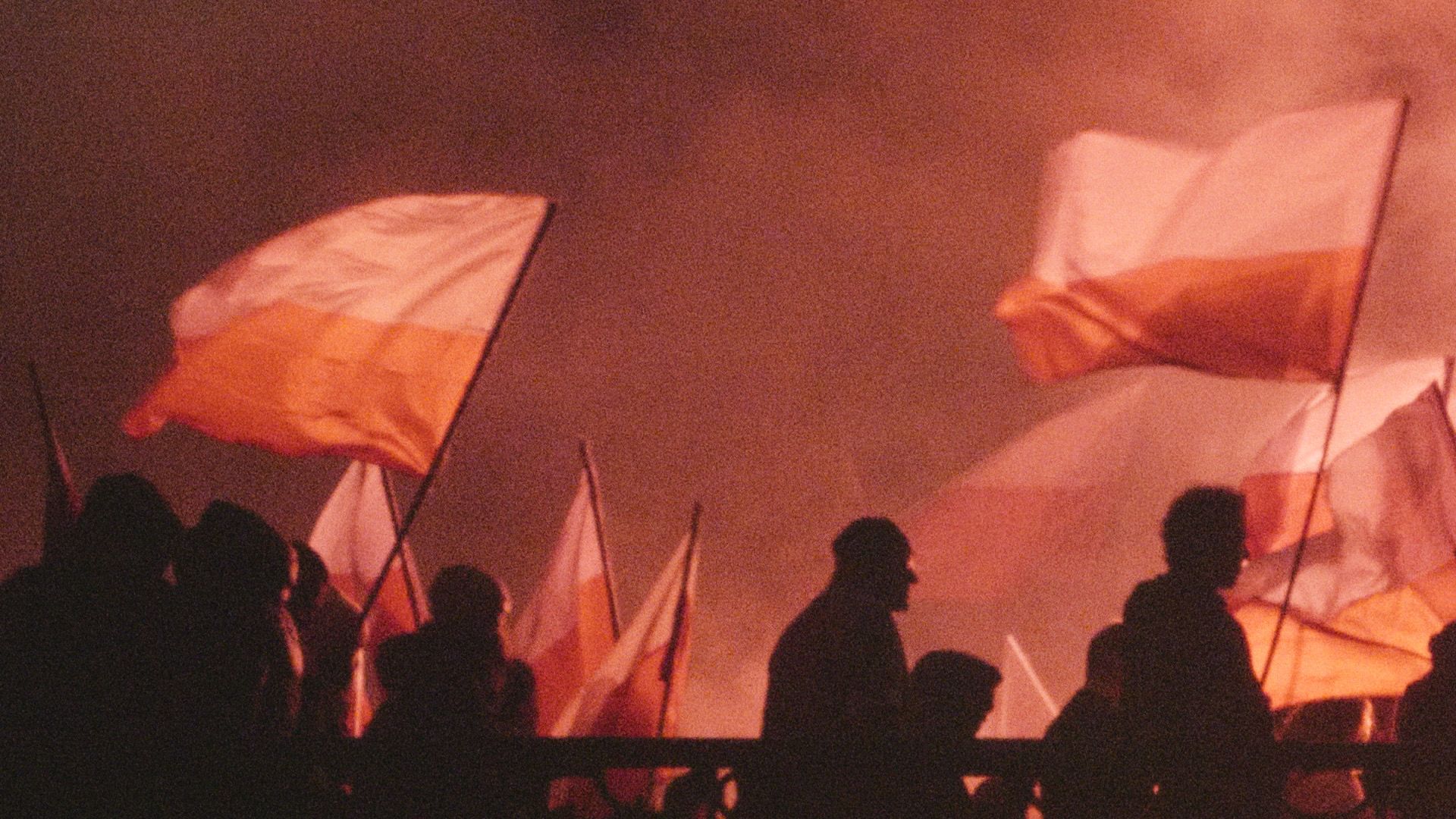Over the weekend, two very different centennial celebrations took place in Europe, each highlighting a huge challenge facing the European Union.
In France, dozens of world leaders gathered in and around Paris to commemorate the armistice that ended World War I. There, French President Emmanuel Macron embraced German Chancellor Angela Merkel in a moving gesture of once-improbable historical reconciliation and warned about the dangers of resurgent nationalism. Macron's words were an implicit rebuke to the America First policy of US President Donald Trump who, for his part, did not attend some parts of the weekend's events and sat impassively as Macron spoke.
Meanwhile, across Europe in Poland, some 250,000 people took part in a march through the capital, Warsaw, to mark 100 years of the country's modern independence. The event, tied to far-right organizations, was controversial from the start. After previous Independence Day marches attracted sizable contingents of right-wing extremists and racist groups, Warsaw's liberal city government sought unsuccessfully to ban the event this year. The right-wing Law and Justice party, which governs Poland and has recently clashed with the EU over democratic norms and rules, sponsored its own march along the same route.
In the end, both marches went ahead, with government officials heading an official procession of people chanting patriotic slogans and waving Polish flags, followed by a smaller number of nationalists and far-right extremists setting off flares, chanting extremist slogans, and waving the flags of banned interwar fascist groups (see the photo above, sent to us from the front by filmmakers Mike Tucker and Petra Epperlein).
Taken together, Paris and Warsaw highlight the daunting challenges facing the European Union in the twenty-first century.
In Paris, the tensions with Mr. Trump, and his aloofness from the festivities, nicely encapsulate the EU's main external challenge: like it or not, the continent can no longer depend on the United States as fully and firmly as it once did. President Trump has raised hard questions about the wisdom and benefits of the US continuing to guarantee European security and underpin the conditions for the continent's prosperity.
Meanwhile, in Warsaw, the primary internal challenge for the EU was on full display: a resurgent nationalism that chafes against the rules and shared values of the 28-member bloc. It's no accident that nationalists marching in Warsaw were joined by like-minded groups from Italy and Hungary.
Can pro-EU leaders like Mr. Macron and (during her limited time left in office) Ms. Merkel meet these twin challenges? Or will the EU eventually collapse under their combined weight? As the history commemorated in Paris reminds us: there is nothing inevitable about a Europe that is increasingly integrated, peaceful, and free.
